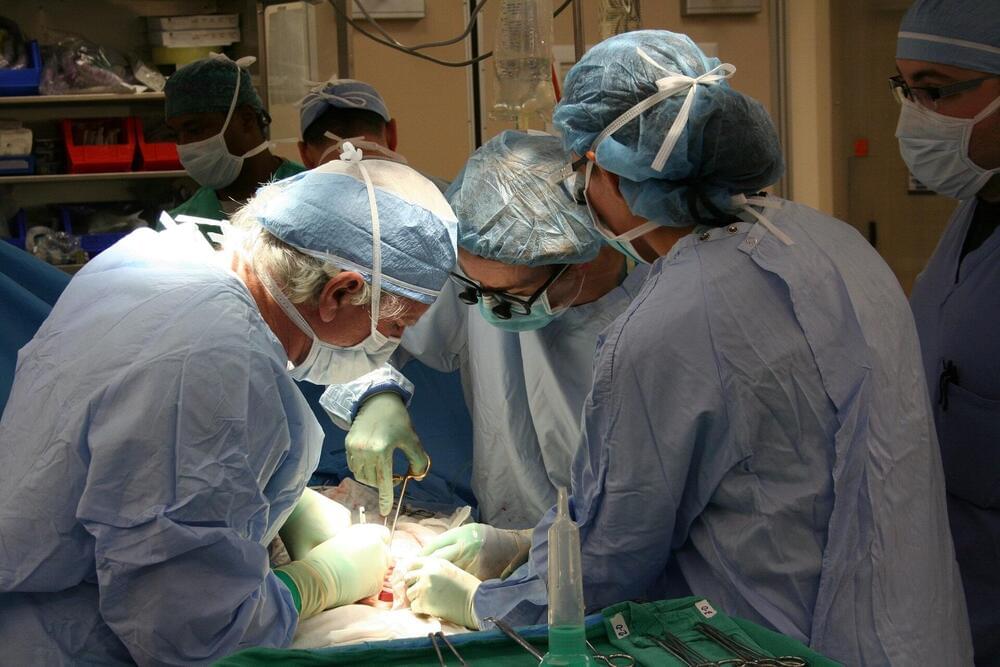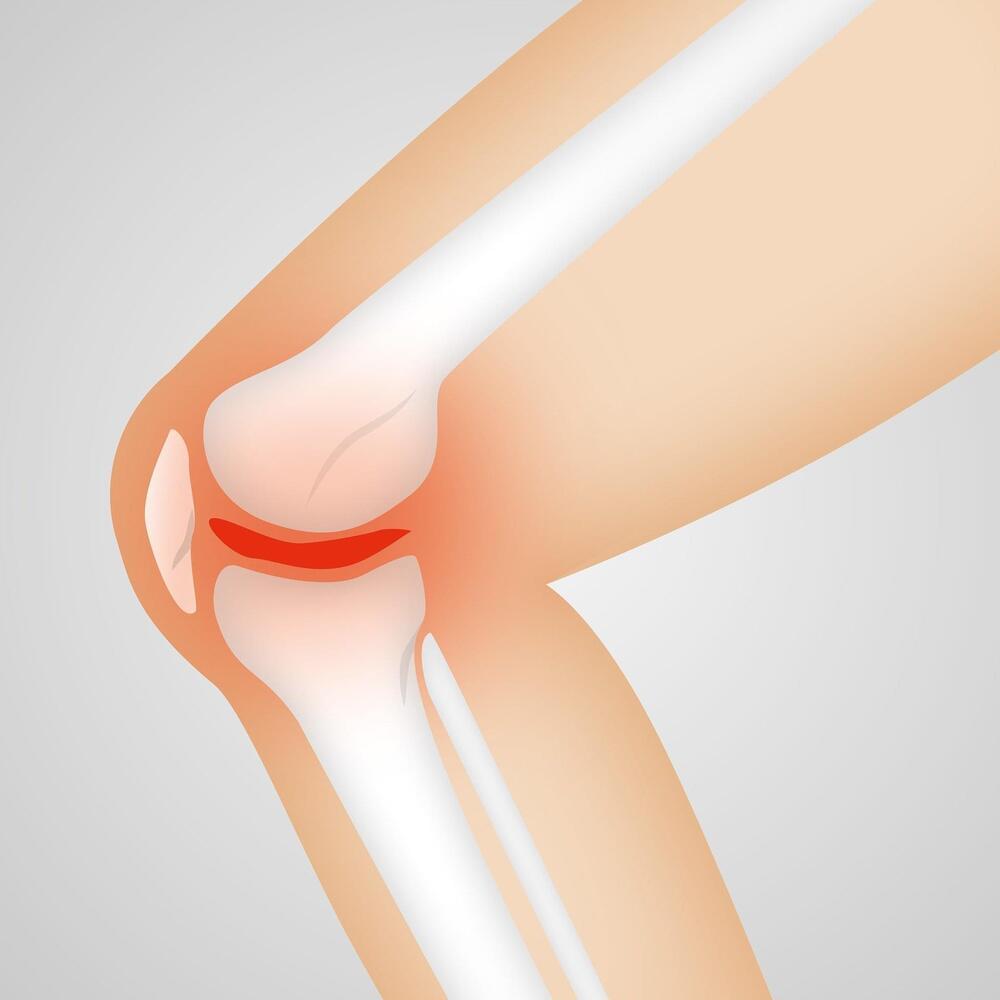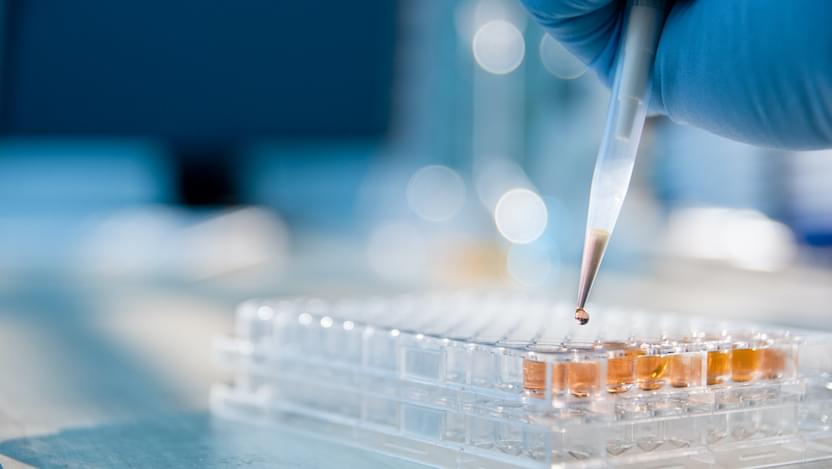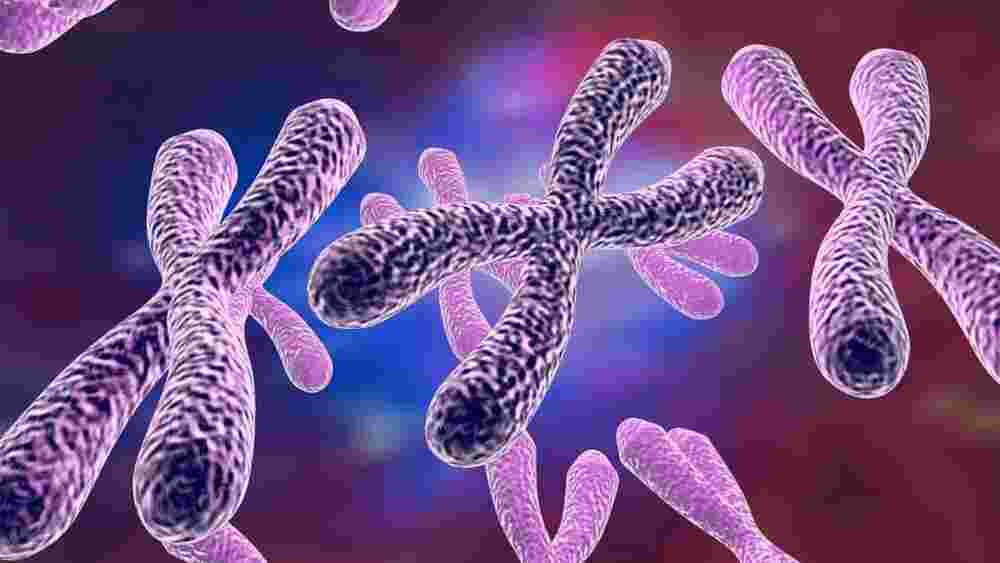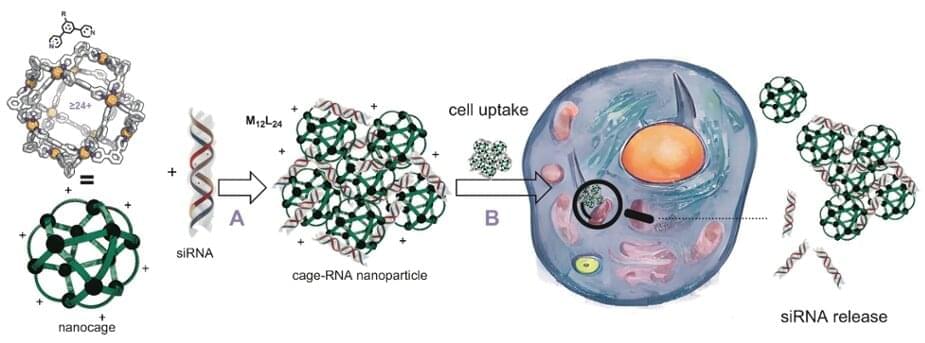
Small interfering RNAs (siRNAs) are novel therapeutics that can be used to treat a wide range of diseases. This has led to a growing demand for selective, efficient, and safe ways of delivering siRNA in cells. Now, in a cooperation between the Universities of Amsterdam and Leiden, researchers have developed dedicated molecular nanocages for siRNA delivery. In a paper just out in the journal Chem they present nanocages that are easy to prepare and display tunable siRNA delivery characteristics.
The nanocages were developed in the research group for Homogeneous, Supramolecular and Bio-inspired catalysis of Prof. Joost Reek and Bas de Bruin at the University of Amsterdam’s Van ‘t Hoff Institute for Molecular Sciences, and further studies in the group Prof. Alexander Kros at the Leiden Institute of Chemistry.
The researchers were motivated by the potential of siRNA in gene therapy, which requires the need for effective delivery systems. They set out to develop nanocages with functional groups at the outside, making the cages capable of binding siRNA strands. As the binding is based on reversible bonds, the siRNA can in principle be released in a cellular environment. To explore the delivery characteristics of their nanocages, the researchers performed a laboratory study using various human cancer cells.

